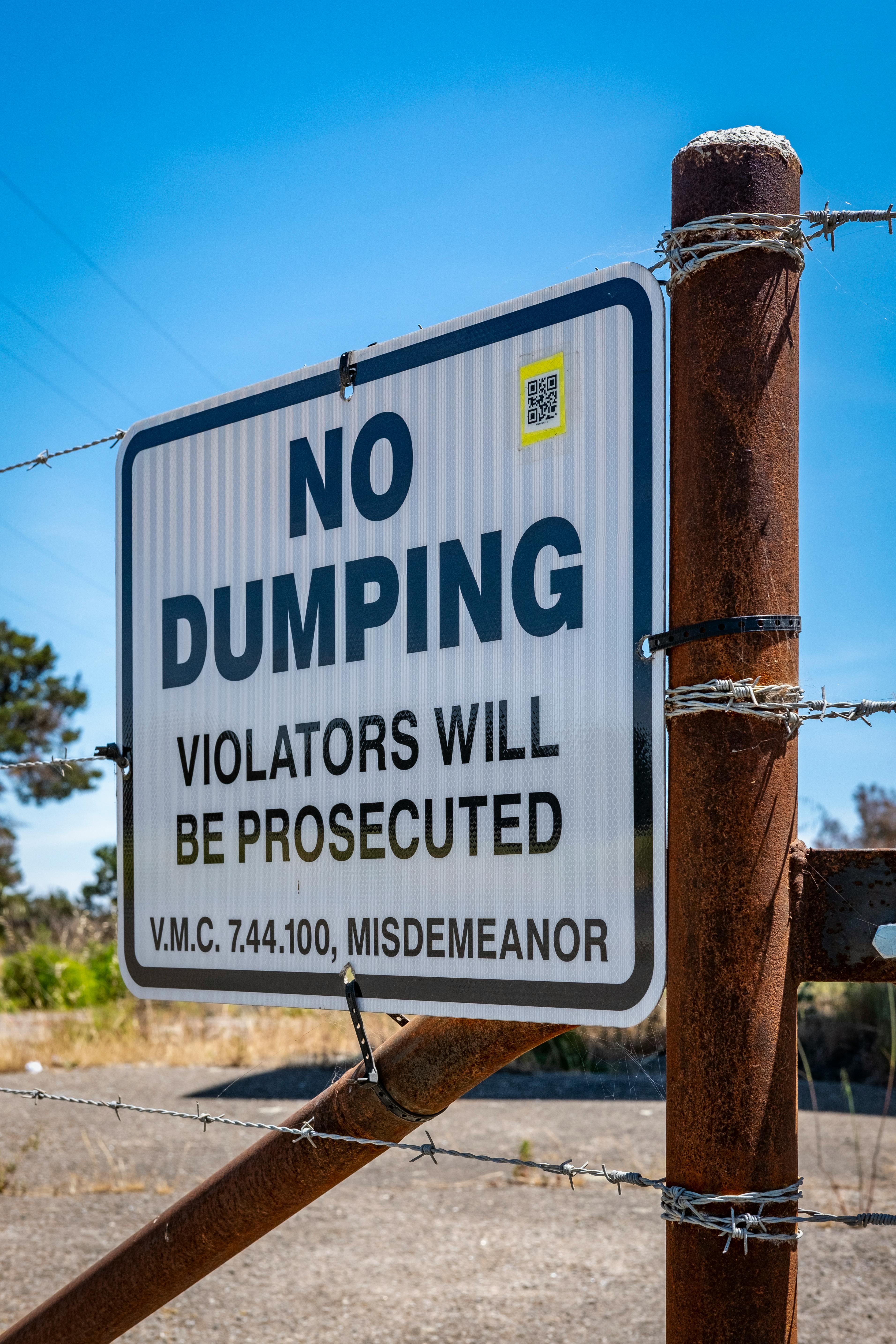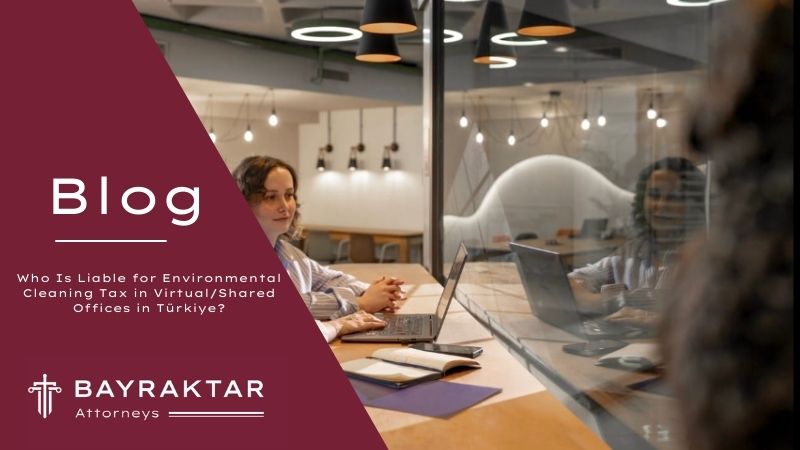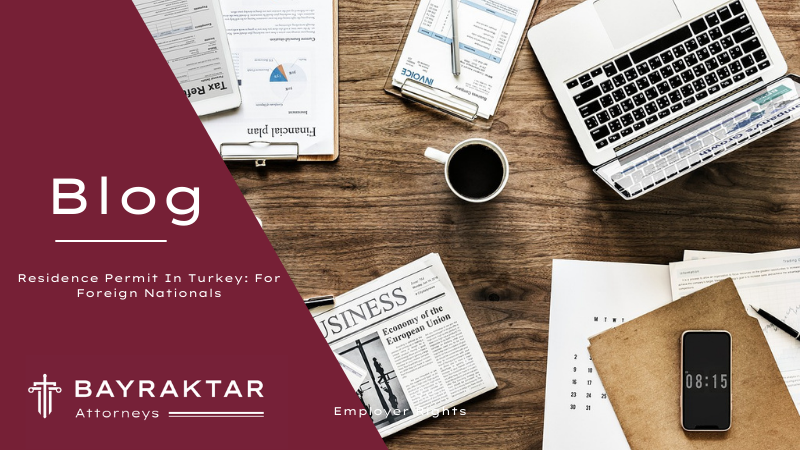![["A high-resolution photograph captures the exterior of a Turkish repatriation center under a clear blue sky, symbolizing the environment of deportation facilities and human rights concerns in Türkiye."]](https://admin.bayraktarattys.com/api/admin/images/images/projects/dc970e08-2c64-49f2-8014-b58f57630538_geri-gönderme-merkezleri-visual-human-rights-turkiye.jpg)
Protecting vulnerable groups in detention centers is not merely a policy choice — it is a legal necessity rooted in both Turkish and international law. Yet, in practice, the regulatory framework governing deportation centers in Türkiye often fails to uphold fundamental rights and freedoms, resulting in systemic human rights violations for migrants held in these facilities.
Türkiye’s deportation centers — also known as removal centers — are intended to manage migrants whose legal status is under review or who are subject to deportation decisions. However, serious issues related to arbitrary detention, denial of legal rights, and substandard conditions confront detainees and exacerbate human suffering.
Legal Framework Governing Removal Centers in Türkiye
The primary legal basis for detention and deportation procedures in Türkiye is the Law on Foreigners and International Protection No. 6458, enacted in 2013. This legislation outlines the circumstances under which migrants can be administratively detained, including deportation orders and residency status enforcement.
While the law incorporates international principles, including references to European Court of Human Rights (ECtHR) jurisprudence and UNHCR recommendations, implementation gaps remain pronounced. The Directorate General of Migration Management (DGMM) under the Ministry of Interior enforces these regulations, but enforcement often diverges from human rights standards in practice.

Vulnerable Groups: Law Versus Reality
Under Articles 57–60 of the Foreigners Law, Türkiye formally recognizes vulnerable groups within removal centers, including:
Unaccompanied minors
Victims of trafficking
Pregnant women
Elderly persons
Persons with disabilities
Survivors of torture or psychological trauma
Despite these legal protections, vulnerable migrants often face extended detention without clear timelines, inadequate care, and severe deprivation of liberty, violating both national law and international human rights standards.

Administrative Detention and Legal Uncertainty
Türkiye’s law permits administrative detention in specific circumstances, but it must be lawful, proportionate, limited in time, and subject to judicial oversight. In reality:
Many migrants are detained for simply lacking valid paperwork or due to bureaucratic mismatches, not because of any criminal conduct.
Judicial review is often weak or delayed, leaving detainees in legal limbo for prolonged periods.
These practices undermine the right to liberty and due process guaranteed under the European Convention on Human Rights (ECHR) and other international instruments.
Systemic Human Rights Violations in Deportation Centers
Migrants in Türkiye’s detention centers commonly experience multiple violations that affect their dignity and fundamental freedoms:
1. Inadequate Legal Representation
Access to lawyers is frequently hindered by bureaucratic delays, procedural obstacles, and limited interpreter services. Many detainees are unaware of their rights or legal options, especially when they cannot communicate effectively in the language used in legal proceedings.
2. Poor Living Conditions
Reports highlight overcrowding, unhygienic physical conditions, insufficient nutrition, and lack of essential medical care. These conditions have been documented in multiple removal centers, including severe hygiene deficiencies and inadequate healthcare access.
3. Arbitrary Practices and Coercion
There is credible evidence that some detainees face coercion to sign “voluntary return” forms, often under pressure or without fully understanding their legal implications.
4. Violations Affecting Vulnerable Populations
Children, women, and families — legally recognized as requiring special care — are often detained in mixed conditions without appropriate medical, educational, or psychosocial support, contrary to both national standards and international obligations.
5. Lack of Transparency and Oversight
Transparency in detention practices is limited. Authorities often withhold crucial information such as the number of detainees, reasons for detention, or mechanisms for appeal, hampering independent monitoring and accountability.
International Human Rights Standards and Türkiye’s Obligations
Under international law — including the **ECHR, Convention on the Rights of the Child (CRC), and various UN treaties — arbitrary detention, inhumane treatment, and failure to provide due process are clear violations. These norms require states to ensure:
Detention as a last resort
Effective legal remedies
Protection of vulnerable persons
Humane treatment and conditions compatible with human dignity
Despite these obligations, ongoing reports indicate persistent rights violations that fall below international human rights benchmarks.

Recommendations for Reform and Compliance
To align Türkiye’s practices with legal obligations and human rights standards:
Administrative detention should be used sparingly and only when justified.
Migrants must be fully informed of their rights in a language they understand.
Independent oversight and regular inspections by human rights monitors should be institutionalized.
Legal representation must be made consistently accessible, especially for vulnerable groups.
Transparency and accountability in deportation procedures must be improved.
The Role of Bayraktar Attorneys in Protecting Migrants’ Rights
Bayraktar Attorneys provides comprehensive legal assistance to migrants detained in deportation centers, including challenges to unlawful detention, deportation decisions, and human rights violations. The firm actively advocates for legal compliance, transparency, and accountability within Türkiye’s migration system.
Through strategic litigation and rights-based legal advocacy, Bayraktar Attorneys aims to strengthen the protection of migrants and contribute to systemic reform in detention practices.
Recently Added Blogs






.png)
